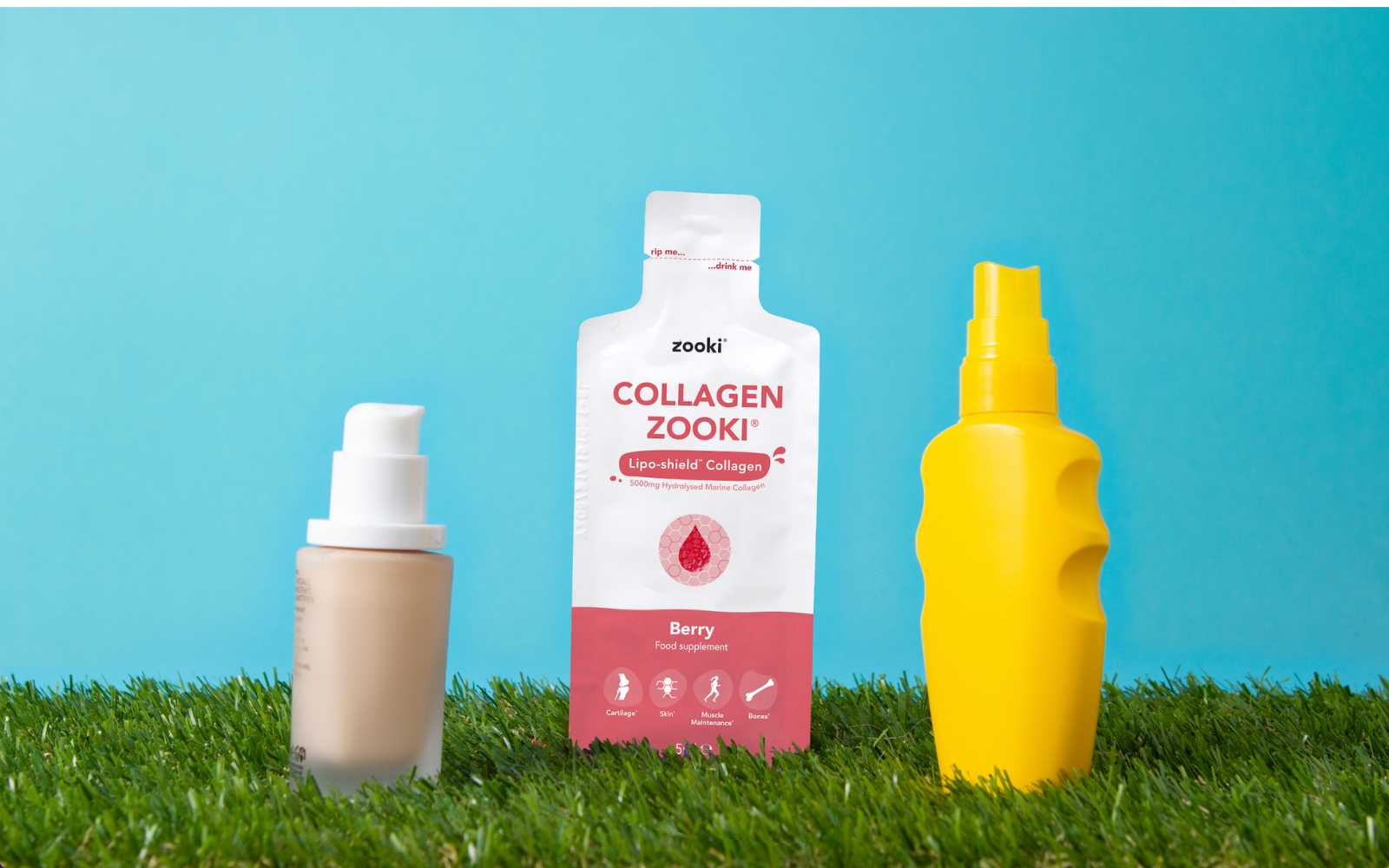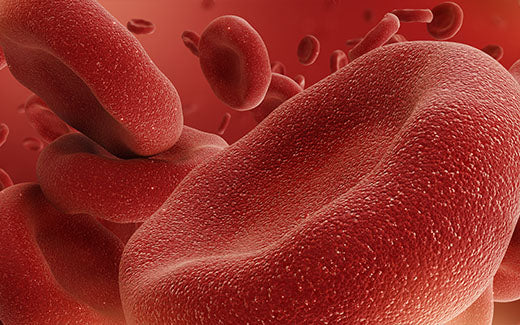Collagen is a large structural protein molecule that forms both the framework of our skin and the glue that holds it all together. It’s so important that we make all the collagen we need from amino acids ourselves until the age of about 25. After that, production starts to decline as we age, which slowly leads to fine lines, wrinkles, drier or rougher skin and uneven skin elasticity. But, how is it best absorbed, through the skin as a collagen cream or as an ingestible collagen supplement?
Are collagen creams effective?
Collagen itself is a huge molecule that cannot be absorbed by the skin as it’s too large. Hydrolysed collagen, composed of much smaller fragments of collagen, is able to penetrate only to the outer layer of the skin, known as the stratum corneum, where it can provide good moisturising properties and improve some of the visible signs of ageing such as wrinkles, dryness and loss of elasticity. So, if you do look to use a collagen cream, make sure it uses hydrolysed collagen. Or you can opt for an ingestible collagen supplement that straight to the point!
Ingestible collagen supplements
If you really want your collagen to make a difference to your skin, you need to take it internally.
Several studies have shown that once absorbed, the amino acids contained in hydrolysed collagen peptides can be transported through the bloodstream around the body and utilised in many different areas.
BUT the type of collagen definitely matters. The size of the collagen peptides directly affects its absorbability and their antioxidant capabilities. The lower the molecular weight, the better (the best collagen supplements have a molecular size of between 1 and 3 kDa, giving up to 95% absorption).
Whether it’s gut health, bone or joint strength or maybe the anti-ageing skin effects you’re looking for, consistent use of a daily liquid collagen supplement as opposed to collagen cream is definitely the best way to achieve effective results.
References
1. Collagen Hydrolysates for Skin Protection: Oral Administration and Topical Formulation
2. Nutraceuticals for Skin Care: A Comprehensive Review of Human Clinical Studies







Share:
Nutrition during pregnancy: The do's and don'ts
My experience with the keto diet